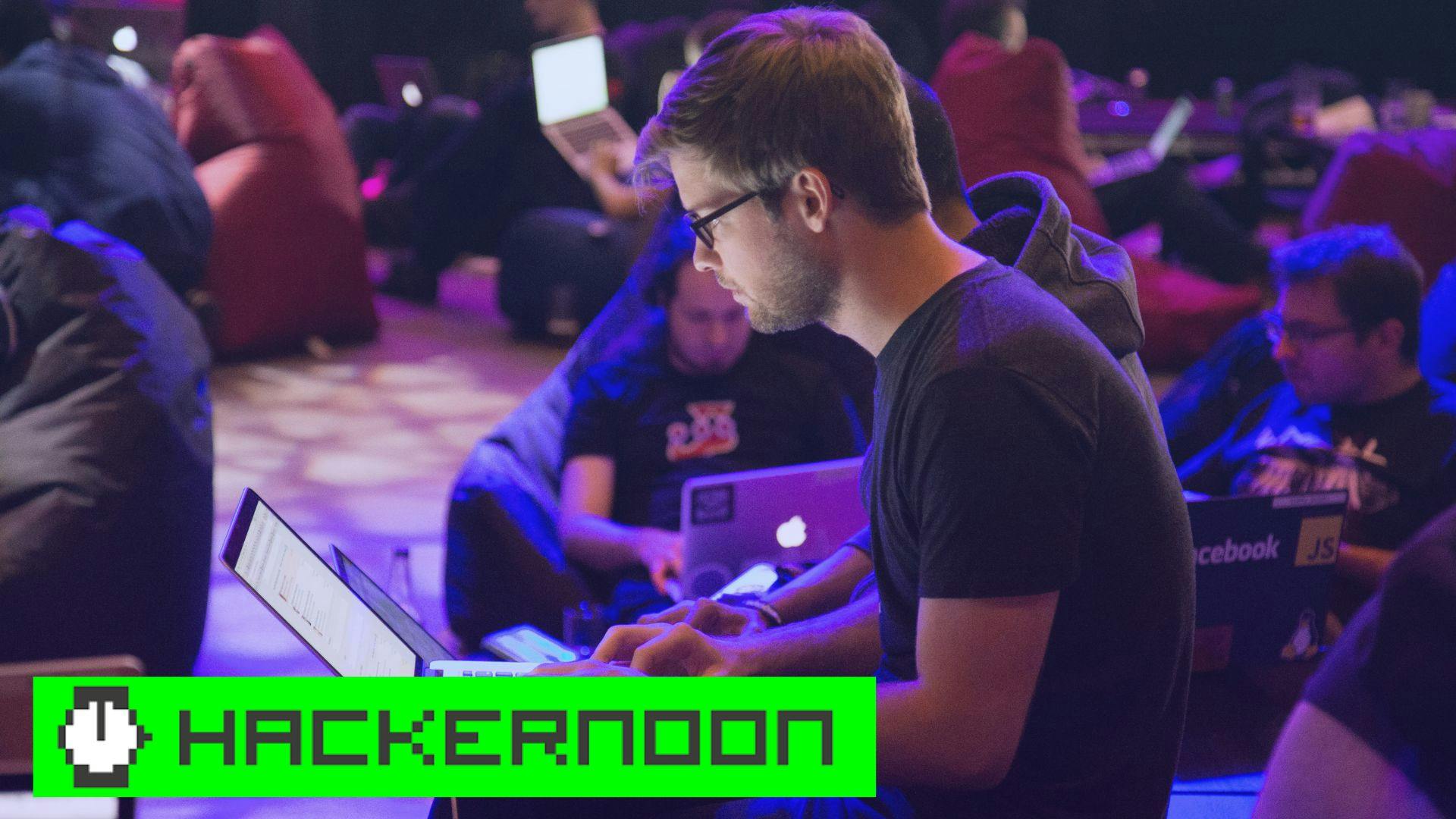527 reads
Polkadot is Leading the World's Largest Ethereum Hackathon for Web3
by
February 12th, 2022
Audio Presented by

Building and Covering the latest events, insights and views in the AI and Web3 ecosystem.
About Author
Building and Covering the latest events, insights and views in the AI and Web3 ecosystem.
